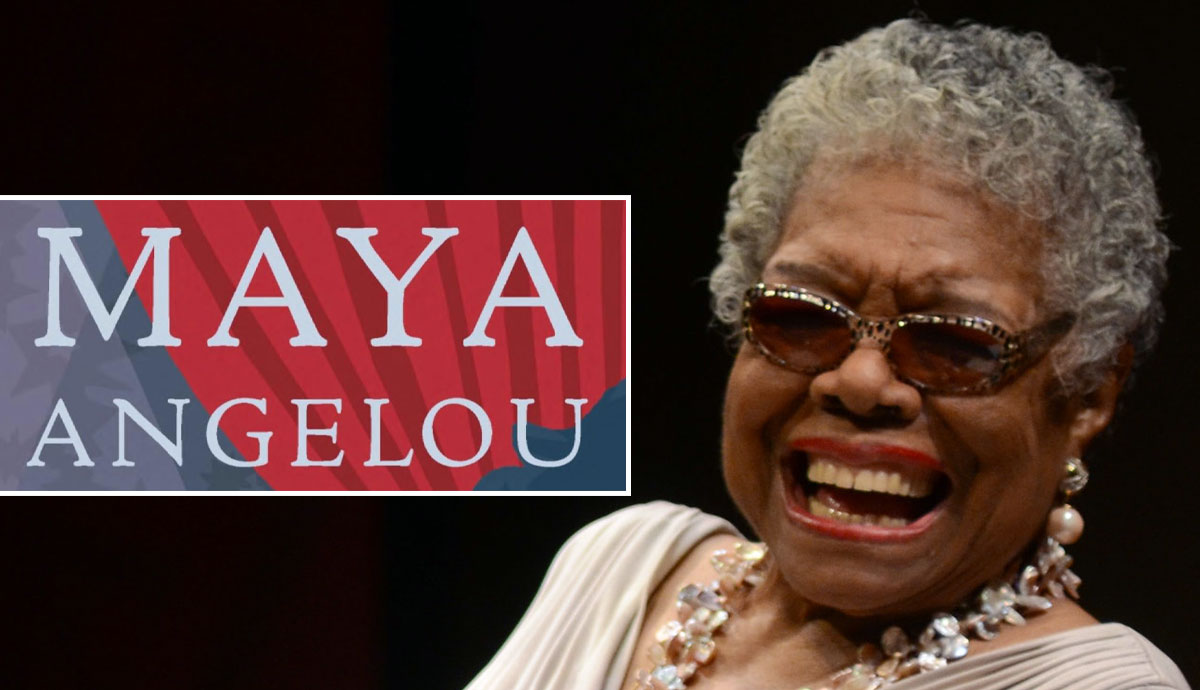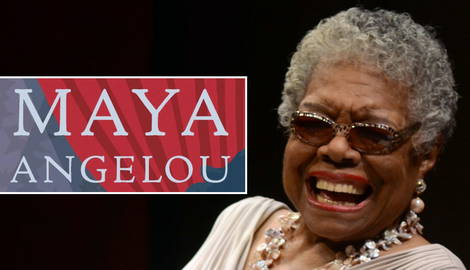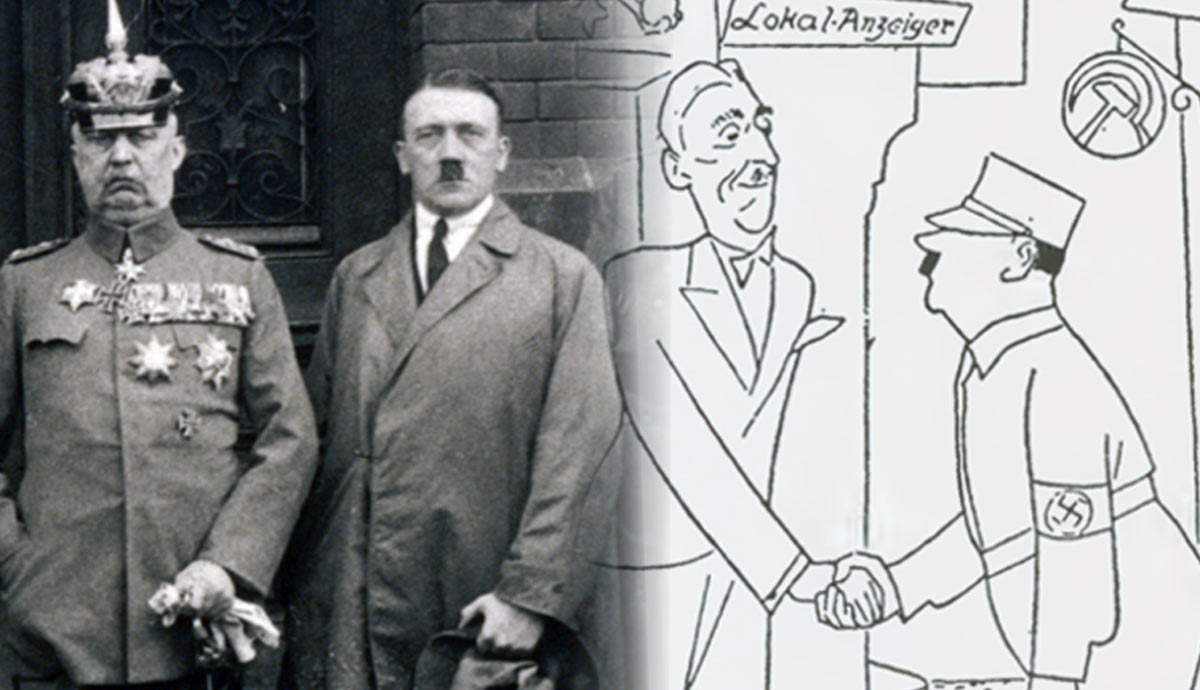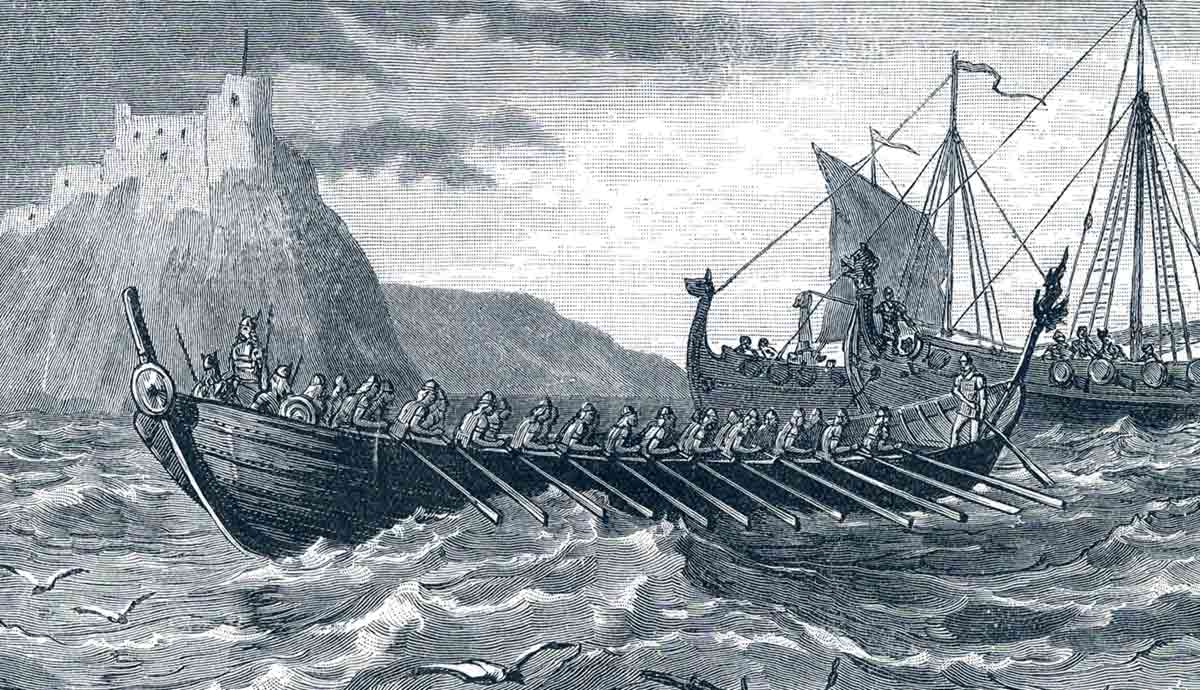
Few individuals have left an impact as great as Maya Angelou across so many sectors. Best known for her autobiographical works about her experience as a Black woman, Angelou also wrote poetry and often performed her writing live. As a natural extension of the honest writing of her experiences, she was also a Civil Rights activist who worked alongside Malcolm X and Martin Luther King Jr. Angelou rose above the challenges of her life, inspiring and empowering others with her stories and lessons of resilience.
Maya Angelou: A Full Life

Maya Angelou was born Marguerite Johnson on April 4, 1928, in St. Louis, Missouri. She went by Marguerite for many years before adopting the name Maya, a nickname that her brother used to call her when she was younger. Angelou felt that Maya was also a more artistic name to use in her endeavors.
Before becoming a household name, Angelou moved back and forth between Stamps, Arkansas and St. Louis, Missouri, after her parents divorced when she was three years old. Life in rural Arkansas was much more segregated and oppressive than in St. Louis, with Jim Crow laws in full effect. As a result, Angelou and her brother experienced two different worlds while growing up.
Angelou became a single mother to her only son, Guy, just weeks after graduating high school and went on to work a variety of jobs before focusing on the writing that would make her famous. Though Angelou is known today for her autobiographies and poetry, Angelou was also a singer, dancer, actress, and even Hollywood’s first Black director. In many ways, Angelou paved the way for future African American artists.
Angelou’s Autobiographical Works

Maya Angelou is best known for the autobiographies that she published throughout her lifetime, focused on her childhood and years as a young adult. She shared with readers both the positives and negatives throughout her life.
Over her lifetime, Angelou wrote seven works about her experiences. Her first and most famous autobiography, I Know Why the Caged Bird Sings, was published in 1969. Angelou continued publishing autobiographies for more than 45 years, with her final autobiography published in 2013.
I Know Why the Caged Bird Sings

Angelou’s first autobiographical work was called I Know Why the Caged Bird Sings, following her journey as a young Black girl growing up in a poor town in Arkansas.
I Know Why the Caged Bird Sings follows Angelou through stories of survival and transformation. She discusses her family’s involvement in her life and how she survived painful times, including the tragic story of her mother’s boyfriend raping her, after which she went mute for five years.
As Angelou grew older, she became more aware of the world around her, reflecting in her autobiography:
“Without willing it, I had gone from being ignorant of being ignorant to being aware of being aware. And the worst part of my awareness was that I didn’t know what I was aware of.”
Place, time, and location also affected Angelou in her autobiography. She and her family dealt with racial tension and poverty where she lived in Stamps. Angelou reflected on daily life in Arkansas and how even the smallest choices in life were restricted:
“People in Stamps used to say that the whites in our town were so prejudiced that a Negro couldn’t buy vanilla ice cream. Except on July Fourth. Other days he had to be satisfied with chocolate.”
Her home and family life, then, became yet another force that allowed her to survive the hardships of her existence. It was the combination of all these experiences, both positive and negative, that shaped Angelou’s life.
Additional Autobiographies

Angelou went on to write six more autobiographical works that spanned her time living in the United States and in Africa.
These titles include:
- Gather Together in My Name
- Singin’ and Swingin’ and Gettin’ Merry Like Christmas
- The Heart of a Woman
- All God’s Children Need Traveling Shoes
- A Song Flung Up to Heaven
Each of Angelou’s autobiographies covered a short span of her life between 1944-1968. She published her final autobiography, Mom & Me & Mom, in 2013 when she was 85 years old.
Angelou’s Poetry

Angelou was also a prolific poet, with 167 poems written across numerous volumes. Much of her poetry has become an anthem for African Americans. Though less studied than her autobiographies, her poetry is an important source of inspiration and empowerment for Black communities in the United States and across the world. Though she spoke of her experiences in an unequal, difficult world, her poetry and writing overall, however, were empowering because they emphasized her ability to overcome those challenges.
Unlike most other poets, Angelou also recorded her poetry. Her followers had the unique experience of not only being able to read her poetry but to listen to it in her voice as well.
“Still I Rise”: A Cultural Anthem for Resilience And Empowerment

Angelou published “Still I Rise” in a collection of poetry called And Still I Rise in 1978. Then and today, the poem’s theme is one common throughout her written work: the speaker’s ability to stand up defiantly in the face of adversity.
Angelou’s mentality shines through with this quote from “Still I Rise”:
“You may shoot me with your words,
You may cut me with your eyes,
You may kill me with your hatefulness,
But still, like air, I’ll rise.”
While the theme of triumphing over adversity is universal, many assume that Angelou is speaking about anti-Black racism in the United States. “Still I Rise” is not only about resilience but also about empowerment. The speaker not only overcomes difficult times but also thrives while doing so.
Angelou on Stage and Screen

Angelou was not only a writer and activist; she expressed her creativity in a multitude of ways. Writing was not her only outlet, and she may be as well known in other fields as she is for her autobiographies.
Maya Angelou played Nyo Boto in the 1977 series Roots alongside actors like James Earl Jones, LeVar Burton, and John Amos. Roots follows the story of Kunta Kinte who was sold into slavery and taken to the United States where he and his family see events play out throughout American history. In addition, filmmakers produced her screenplay Georgia, Georgia, the first script by a Black woman to be produced, and she directed a feature film, Down in the Delta, in 1998.
Maya Angelou, The Activist

Though perhaps overshadowed by her writing and other endeavors, Angelou was an early political activist, born into an America where a “separate but equal” reigned. Her experience growing up in the Southern United States meant that racism, inequality, and discrimination shaped her life. The American experience around her was that of unrest with major Civil Rights protests. The pressure and restrictions under Jim Crow laws began boiling over when Emmett Till was lynched in Chicago. Maya Angelou was writing when there were sit-ins, bus boycotts, and marches—the March on Washington and the march from Selma to Montgomery—that protested the current state of African Americans in the United States.
She worked with other activists like Malcolm X in trying to form the Organization of Afro-American Unity and Martin Luther King Jr as director of the Southern Christian Leadership Conference’s New York office. Both men had different views of what the Black experience should look like in the United States, yet, like Angelou, both believed that the current world that African Americans lived in needed to change.
Maya Angelou’s Legacy

Angelou’s writing introduced the Black experience to the world. She wrote, unapologetically, of her experience as a Black woman without allowing her past to hold her down or back. African Americans, even today, use her writing as a source of empowerment and as testimony to their experiences both in the United States and abroad.
Outside of defining her experiences as an African American, she also opened the door for female writers, both white and Black, to be taken seriously by literary audiences.
In addition to this lasting legacy, Angelou also has physical memorials at Wake Forest University and Glide Memorial Church. The United States Postal Service created a stamp in her honor in 2015. In addition, the United States Mint produced a quarter with Maya Angelou’s image.
Angelou was also recognized by multiple Presidents of the United States, universities, and other organizations:
- Bill Clinton awarded Angelou the National Medal of Arts in 2000
- Barack Obama awarded Angelou the Presidential Medal of Freedom in 2010
- Colleges and universities presented Angelou with more than 50 honorary degrees
- Three Grammy Awards
- One Emmy Award
Angelous passed away in May 2014, but she has not been forgotten in the decade since her passing.










